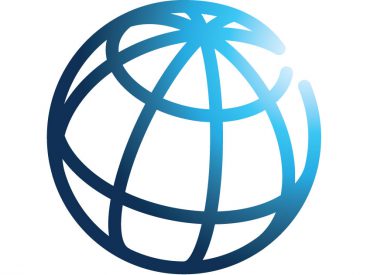Business leaders and financial professionals closely monitor general elections, understanding that the outcomes can significantly impact areas ranging from compliance requirements to international trade regulations. Recent elections in the UK, EU, and the U.S. have brought about an atmosphere of uncertainty for international businesses, with potential changes in the tax compliance landscape looming on the horizon. Amidst this volatility, one trend remains constant: the growing adoption of digital tools by governments to monitor economic activity and maximise tax collection in real-time. As the push towards digitalisation intensifies, it has become increasingly urgent for businesses to move away from outdated manual tax processes and embrace digital solutions that ensure global and regional regulatory compliance. The Shift Toward Real-Time Tax Reporting One of the most significant developments in this digital transformation is the shift toward real-time tax reporting. This trend is exemplified by initiatives such as the EU’s VAT in the Digital Age (ViDA) and the UK’s "Making Tax Digital" programme, which has been progressively rolled out for various taxes since 2019. These initiatives reflect a broader understanding that governments benefit when they can automatically receive relevant data from business systems rather than relying on businesses to compile and transmit extensive […]
K&X Design and Investment Technology, LLC
Invest The Invisible Impact
K&X Design and Investment Technology, LLC
Invest The Invisible Impact



